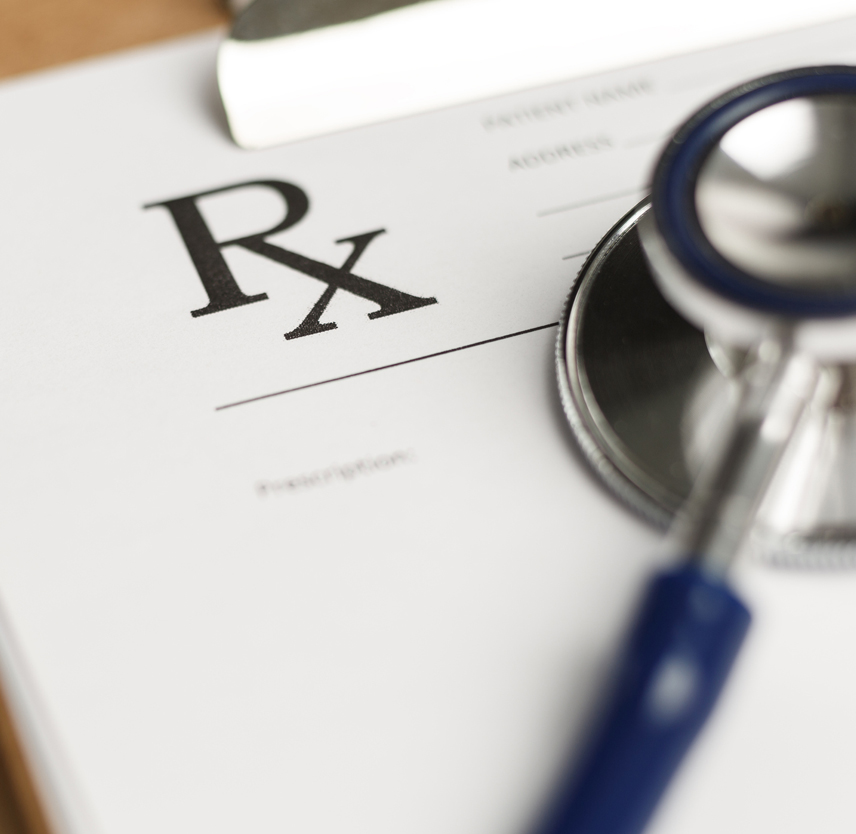
Can antidepressants be used to treat depression after a brain injury or stroke?
Antidepressants help rebalance natural chemicals in the brain called neurotransmitters to a more natural state. Doing so can help a person's mood get back to normal. What we usually do in people with a brain injury or an injury to the brain like a stroke is that we try to start at relatively lower doses and go up at a slightly slower pace than what we would do with people without a brain injury. And when you do that, what we call “start low, go slow,” people generally do tend to tolerate the medications pretty well.
There are a number of patients who would prefer not to take an antidepressant, partly because they’re already on a lot of medications. Sometimes people who have had a brain injury are on pain medications, even seizure medications. So it’s understandable that some people might not want to take another medication and would prefer counseling, for example.
And so it’s very important that patients — and their families — really be a close partner in the decision-making process of what are the best options and the best approaches for them in dealing with their depression.
Unfortunately, there is a stigma associated with taking an antidepressant even though in the general population the rates of antidepressant use are increasing over time. A lot of people have negative images of antidepressants from media reports that are often inaccurate. People can get some side effects from antidepressants, like they can with any medication, but many of those side effects can and usually do go away after one to two weeks as the body and the brain kind of gets used to it.
Antidepressants are not addictive, and they do often take several weeks to get their full effect. So, it’s very important that people take the medication every day, and once they do start to feel better, often in a few weeks, they should continue to take the medication even if they are feeling better.
About the author: Jesse Fann, MD
Jesse Fann, M.D., M.P.H., is a consultation-liaison psychiatrist in the Department of Psychiatry and Behavioral Sciences at the University of Washington and an adjunct professor in the UW departments of Rehabilitation Medicine and Epidemiology. His clinical interests include consultation-liaison psychiatry, psychiatric oncology and neuropsychiatry. His research interests include psychiatric epidemiology, health services research, psychiatric oncology and neuropsychiatry.


Comments (2)
Please remember, we are not able to give medical or legal advice. If you have medical concerns, please consult your doctor. All posted comments are the views and opinions of the poster only.
Gus Miller replied on Permalink
Anti-depressants have ruined my life. I was a high functioning white collar worker with no history of depression. A major life event threw me into severe depression, and I took anti-depressants for 18 months. I have been of anti-depressants for 18 months, as they did not help, and they caused several undesirable side effects, some of which continue (e.g. PSSD). My greatest loss, is that of my cognitive abilities, sense of dissociation, PSSD, and extreme anxiety. My family has lost their father, and husband. How can I live the rest of my life feeling this way? I have been damaged. Nobody told me of these long term/permanent side effects. I am more suicidal now, than before.
J.A. Carter-Winward replied on Permalink
All experts agree that every brain injury is different. What would work for one patient will conversely be detrimental to another based on too many variables we can't yet identify.
According to the Journal of Head Trauma Rehabilitation (May 2019), the current evidence-based data shows no remarkable difference between SSRIs and placebo. In fact, placebos are safer, since antidepressants, by your account, alter brain chemistry.
Since TBI patients have a wide array of symptoms that aren't easily defined or even observed until later, you have no control over how antidepressants alter the brain's chemistry, and impact a brain injury.
The risk factor for suicide increases 6-fold in TBI patients, according to the information on this (brainline.org) site:
https://www.brainline.org/video/how-do-you-talk-about-suicide-patients-t...
Suicide is also a well known side-effect of antidepressants, among other psychotropic medications.
Why would any physician prescribe medications that show no significant clinical benefits to a TBI patient in the evidence-based studies, with little information on how that particular patient would respond based on their unique brand of injury presentation. Further, many of the horrific side-effects of these medications mimic complications of TBIs.
Brain injuries are difficult enough to heal from or come back from without adding a brand new, potentially harmful variable into the mix.
J.A. Carter-Winward